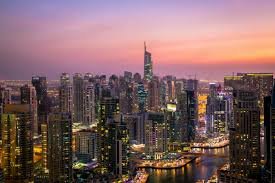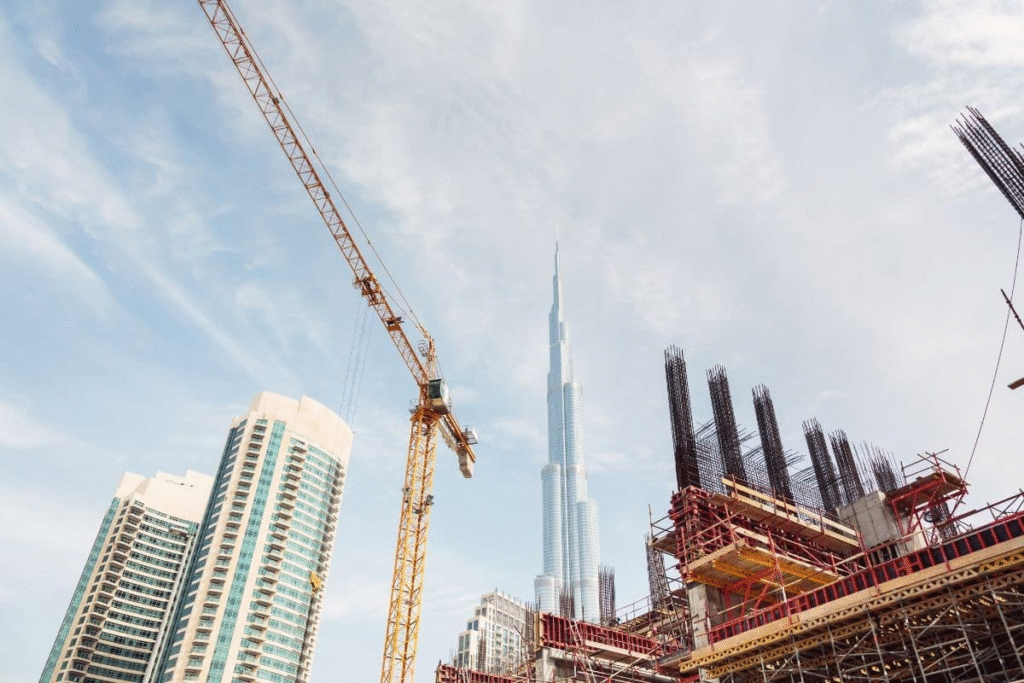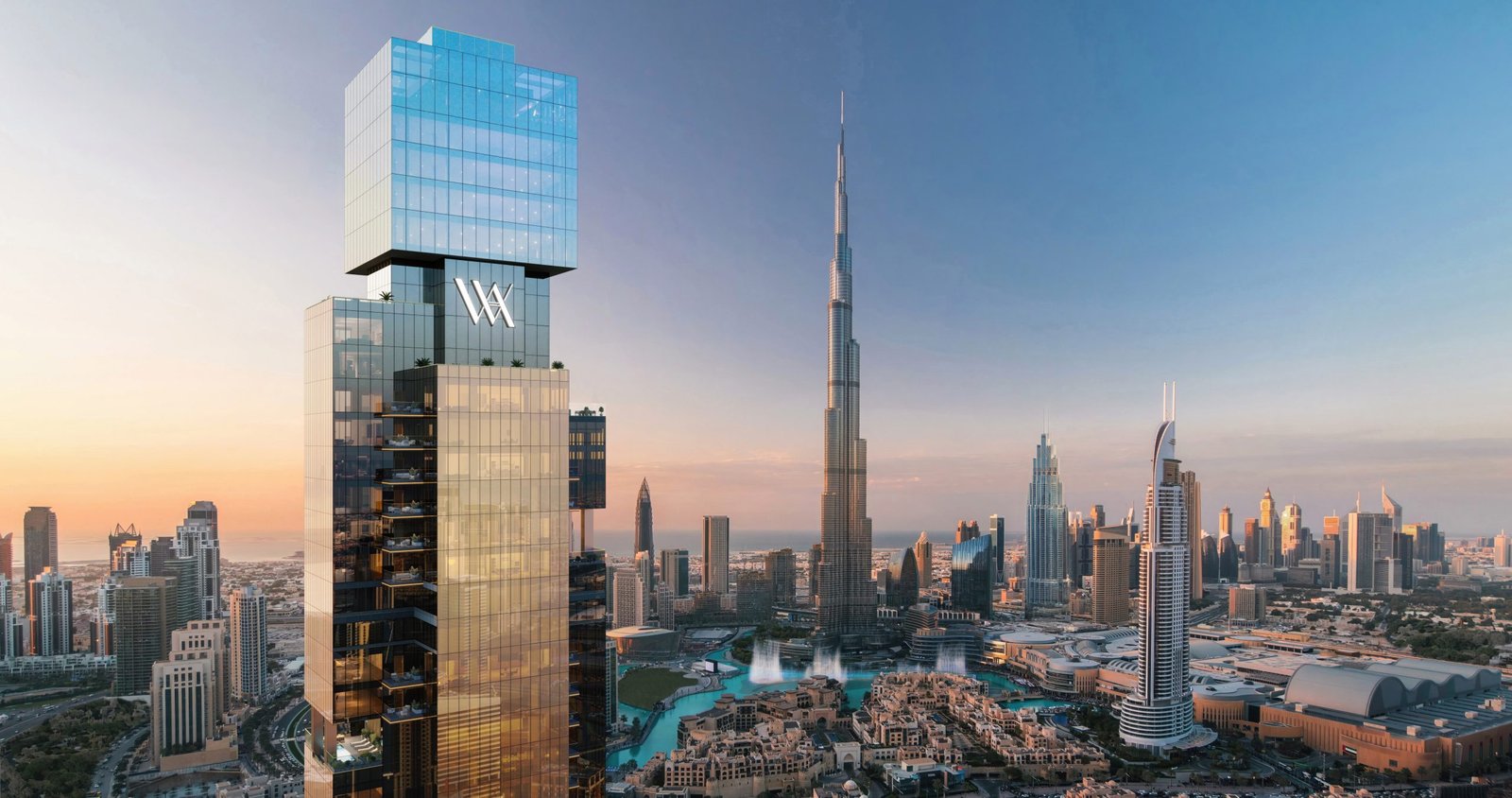Now Reading: Construction Costs Soar in UAE: Why Materials Are Pricier 2025
-
01
Construction Costs Soar in UAE: Why Materials Are Pricier 2025
Construction Costs Soar in UAE: Why Materials Are Pricier 2025

The price of building materials in the UAE has seen a noticeable increase in recent months, putting pressure on developers, contractors, and homeowners alike. From cement and steel to wood and aluminum, almost all core construction materials have witnessed price hikes, prompting concern across the construction and real estate sectors.
This surge in prices is being felt in both residential and commercial projects, causing delays, cost overruns, and a wave of cautious spending.
Why Are Building Material Prices Rising in the UAE?

Experts say several factors are contributing to the rise in construction material prices in the UAE:
- Global Supply Chain Issues: While supply chains have mostly recovered since the pandemic, disruptions caused by the Red Sea shipping crisis and rising freight costs have pushed up import prices.
- Increased Demand for New Projects: The UAE is currently experiencing a real estate boom, especially in Dubai and Abu Dhabi. Demand for housing, luxury villas, and commercial towers has increased, raising the need for materials.
- Inflation and Energy Costs: Rising global inflation and high energy prices, especially for manufacturing and transportation, are also driving up material production costs.
Material-by-Material Breakdown

Let’s take a closer look at how specific materials have been affected:
- Cement: Prices for cement have gone up by around 8% to 12% year-on-year. As a key material for almost every type of construction, this is having a direct impact on total project costs.
- Steel: Structural steel has seen an increase of nearly 15%, largely due to high global demand and rising energy costs in production-heavy countries like China and India.
- Aluminum: The price of aluminum has jumped by about 10%, affecting cladding, windows, and decorative elements in modern architecture.
- Timber/Wood: With increased import duties and limited regional sourcing, the price of treated timber and plywood has risen by 12% to 18%.
- Bricks and Blocks: Though locally produced, these materials are still affected by fuel and labor costs, with prices rising between 5% to 9%.
Impact on the Construction and Real Estate Market

According to market analysts, the increase in building material prices is already affecting construction schedules and investor sentiment. Smaller developers, especially those working on fixed-budget contracts, are the hardest hit.
Mohammed Al Qasimi, a construction consultant based in Dubai, explains:
“Contractors who signed deals six months ago are now facing serious cost overruns. Unless the project has a price-escalation clause, they are taking losses or delaying construction to renegotiate.”
Real estate developers are also reassessing project timelines and margins. Some are passing the cost on to buyers, which could lead to higher property prices.
However, experts believe this may be a temporary phase. If global logistics stabilize and energy costs ease, prices could start to level off by the end of 2025.
Government and Industry Response
The UAE government has not yet introduced specific regulations to control building material prices, but it is closely monitoring the market. Authorities are encouraging the use of locally sourced and recycled materials to reduce dependency on imports.
Dubai Municipality and Abu Dhabi’s Department of Urban Planning and Municipalities are also exploring smart construction methods like 3D printing and modular building to reduce material waste and cost.
Meanwhile, the Emirates Steel Arkan Group and other local manufacturers are ramping up production to meet domestic demand.
Tips for Builders, Contractors, and Homeowners
If you’re planning a construction project or renovation in the UAE, here are some practical tips:
- Lock in Prices Early: Wherever possible, get fixed-price contracts from suppliers to avoid future hikes.
- Buy Local Materials: Choose UAE-made cement, steel, and blocks to avoid high import charges.
- Use Alternative Materials: Explore the use of composite materials or eco-friendly alternatives that might be cheaper and more sustainable.
- Plan for Flexibility: Expect possible delays and price fluctuations and include buffers in your budget.
- Stay Informed: Monitor market prices and news to make smart purchasing decisions.
Looking Ahead
While building material prices in the UAE have gone up significantly, industry experts believe the market will stabilize in the coming quarters. Innovation, smart planning, and local sourcing will be key to navigating this challenging phase.
The government, industry leaders, and suppliers are working together to ensure that the UAE’s construction and real estate sectors continue to thrive despite global headwinds.
As always, smart planning and informed decision-making will make the difference for developers and homeowners alike.
Read More:- Shobha Realty Launches Its Most Luxurious Project Yet—Full Details Inside 2025






















